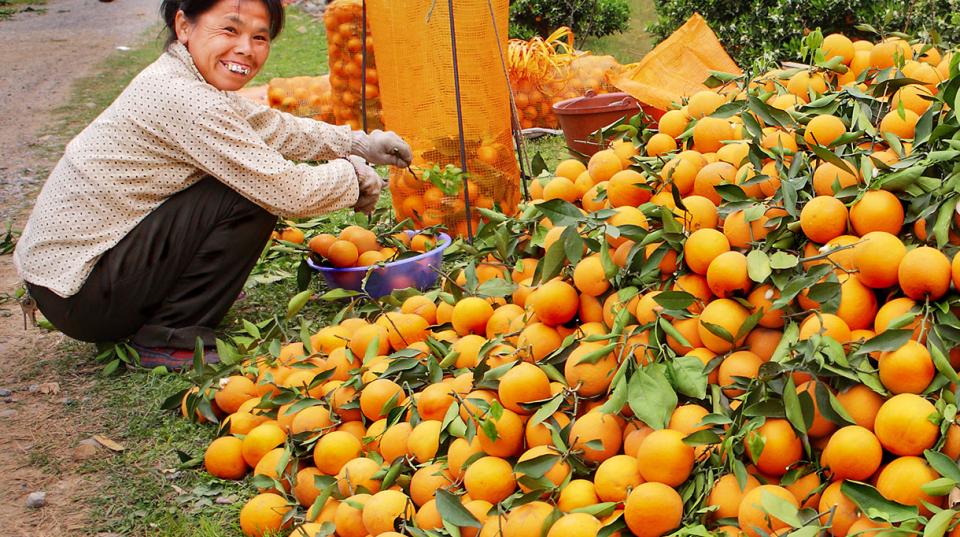Overview
This project aims to leverage global knowledge and investigate effective and efficient options to manage citrus Huanglongbing to (1) increase the capacity of smallholder citrus growers in Indonesia and China to manage the citrus disease and (2) enhance the preparedness of the Australian citrus industry for future incursions of this disease.
In this project we will leverage international expertise to tackle the deficiencies in current citrus greening management practices by conducting a trilateral project with partners from Australia, Indonesia and China to enhance the sustainable management of citrus greening/Asian citrus psyllid in Indonesia and increase the preparedness of the Australian citrus industry for an incursion.
Project outcomes
- Understanding what HLB-tolerant rootstocks are suitable to the growing conditions of Indonesia and Australia in terms of growth and HLB tolerance.
- Understanding which rootstock/scion combinations are suitable for high-density planting in Indonesia.
- Establishing well-designed field trials of HLB-tolerant rootstocks and high-density plantings ready for assessment of yield performance in a follow-up study by UGM/ICSFRI in Indonesia and R&D providers in Australia.
- Confirming or refuting reported ACP repellence of commercial products and plant/insect derived volatiles; application methods for confirmed repellent products will be developed in Indonesia.
- Determining best traps for ACP surveillance in Australia.
Phase 1
Key partners
Gadjah Mada University
Citrus Australia Ltd
Citrus Research Institute of Chinese Academy of Agricultural Science
Indonesian Citrus and Subtropical Fruit Research Institute (ICSFRI)




